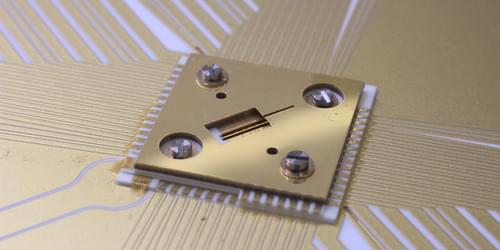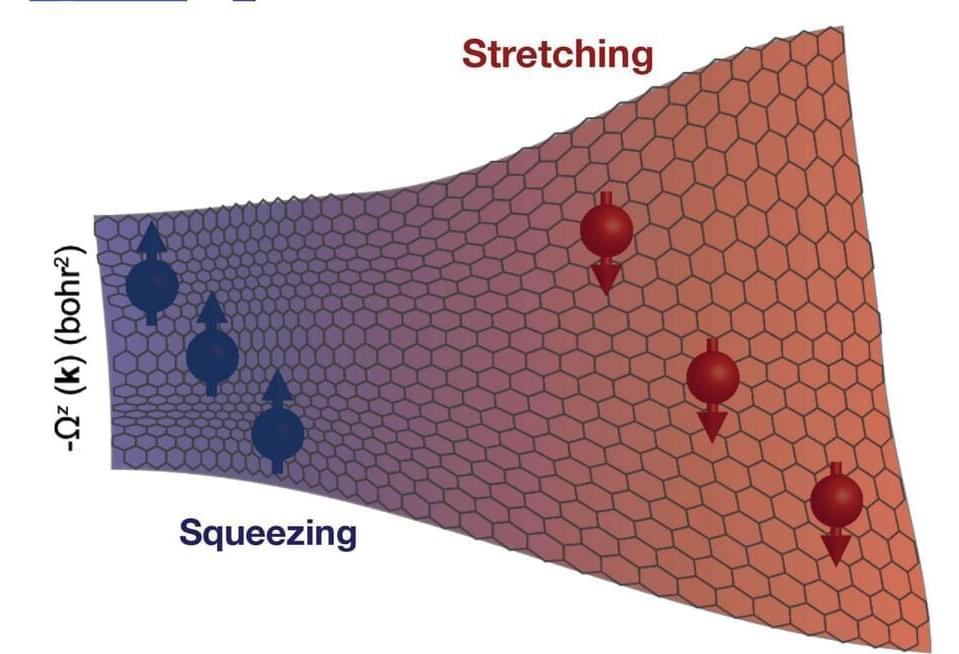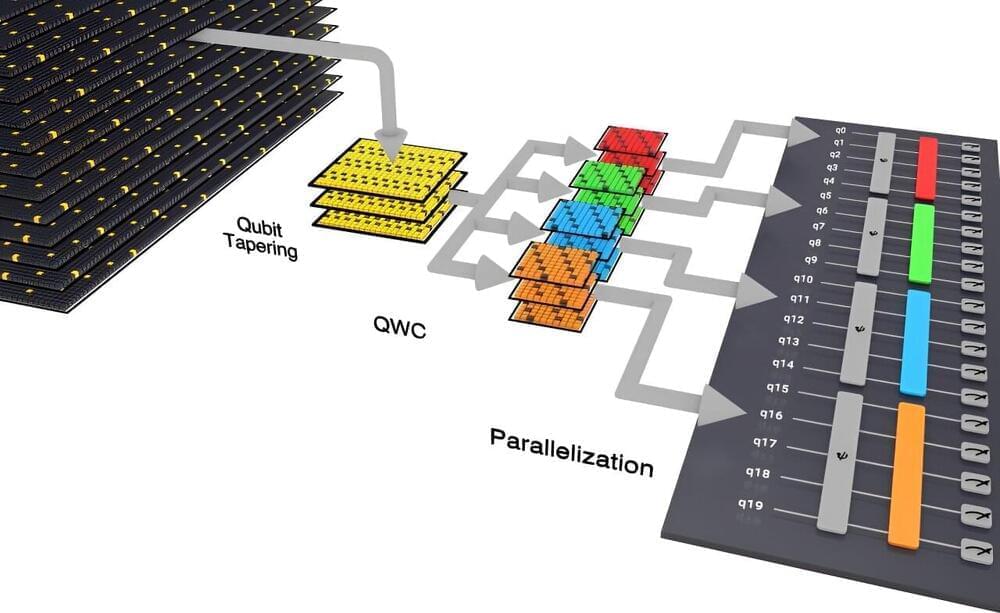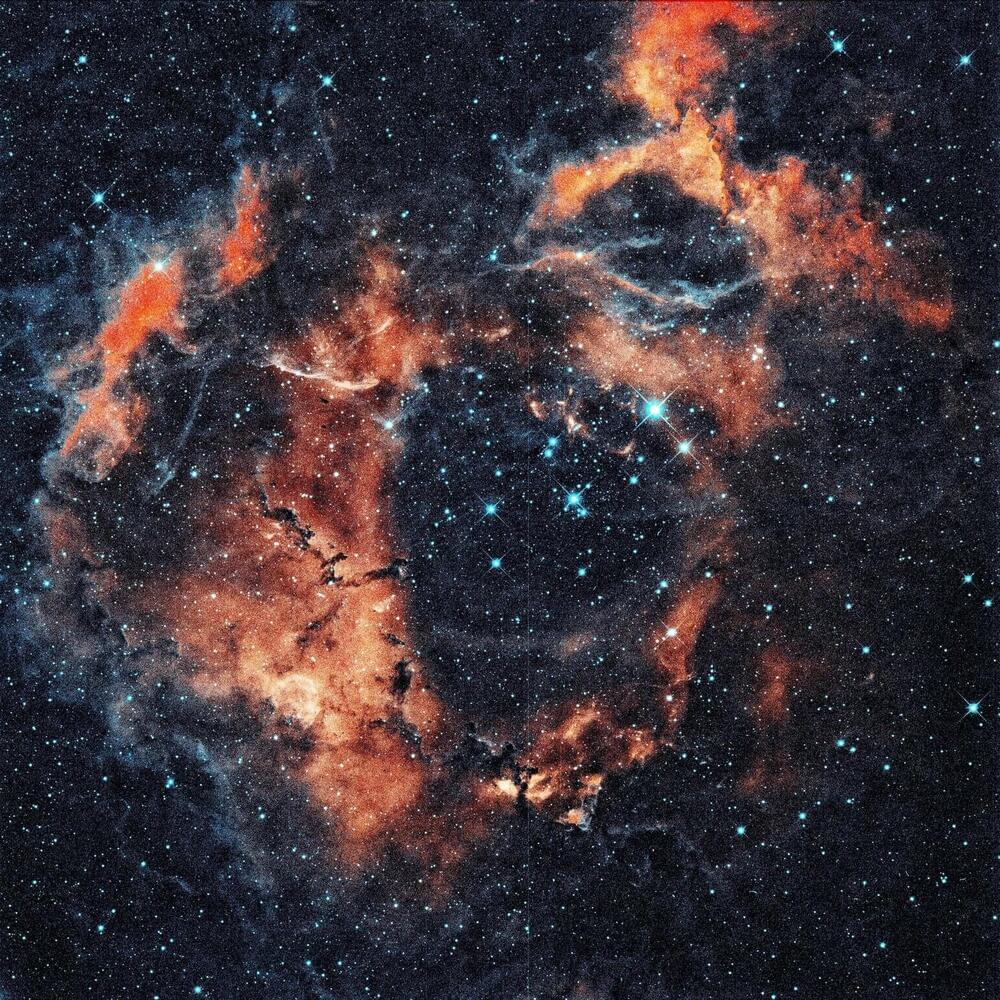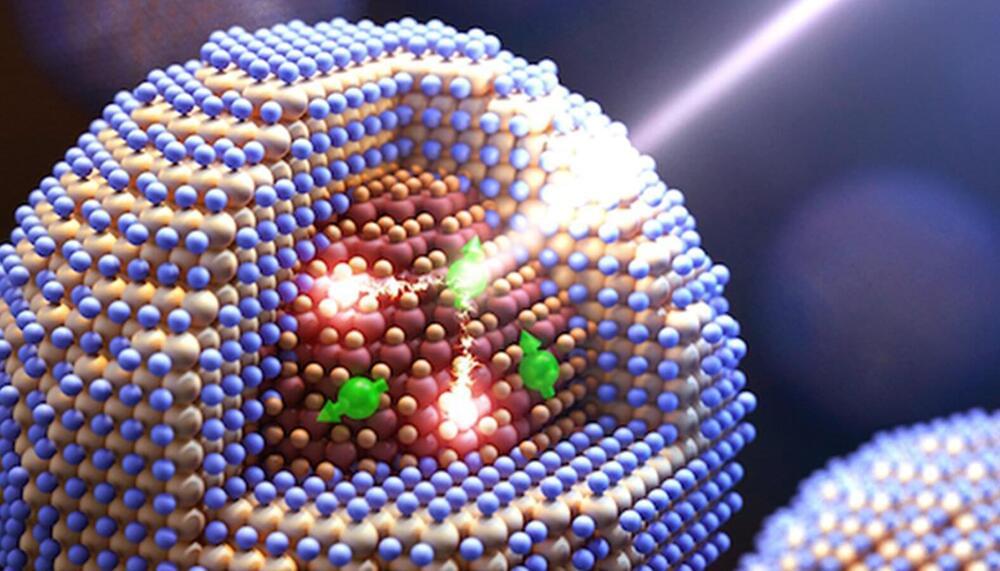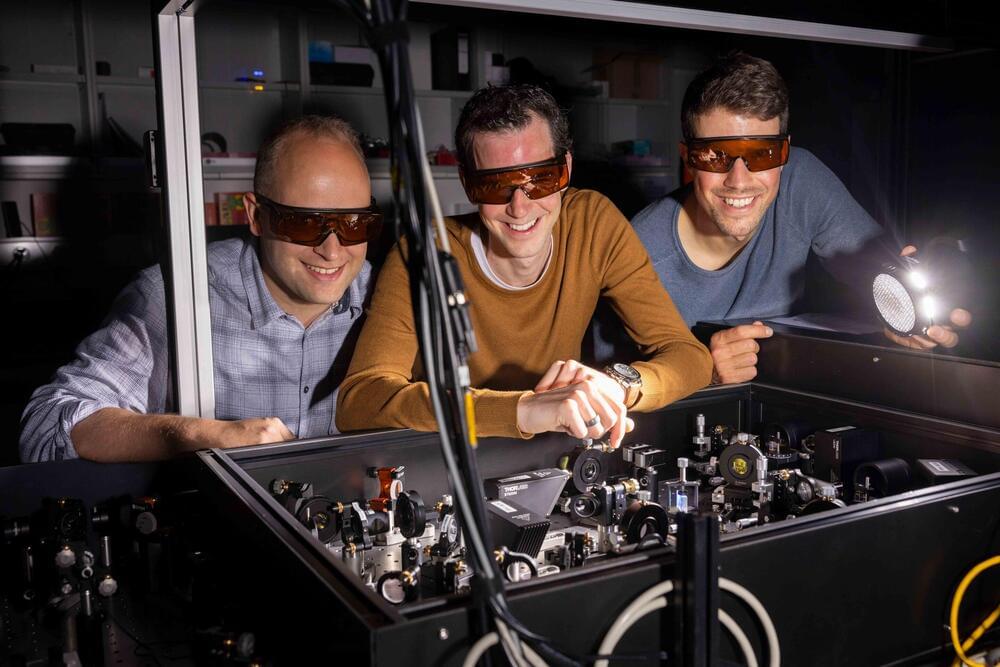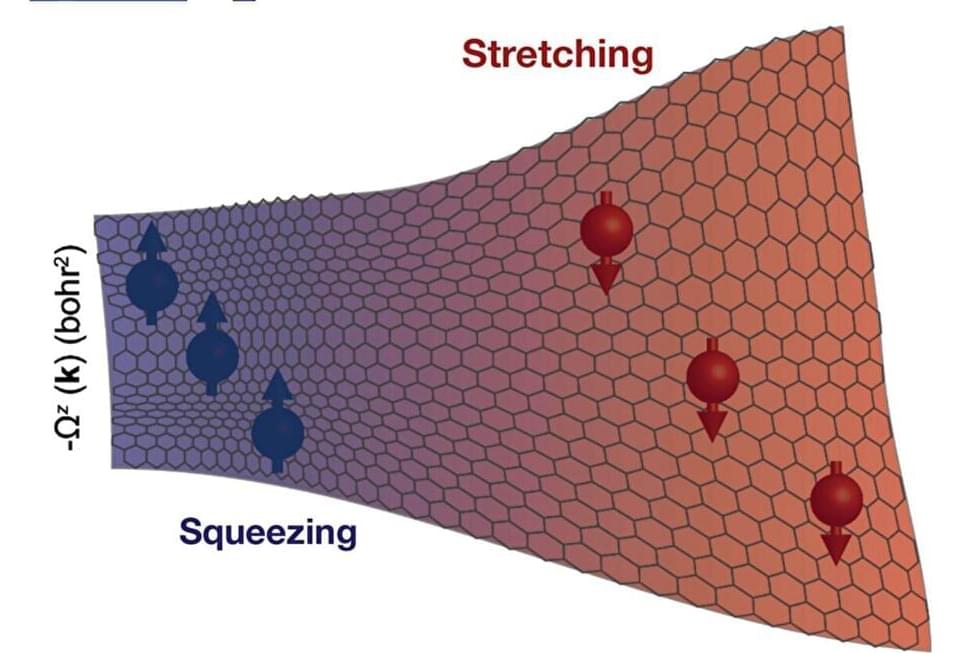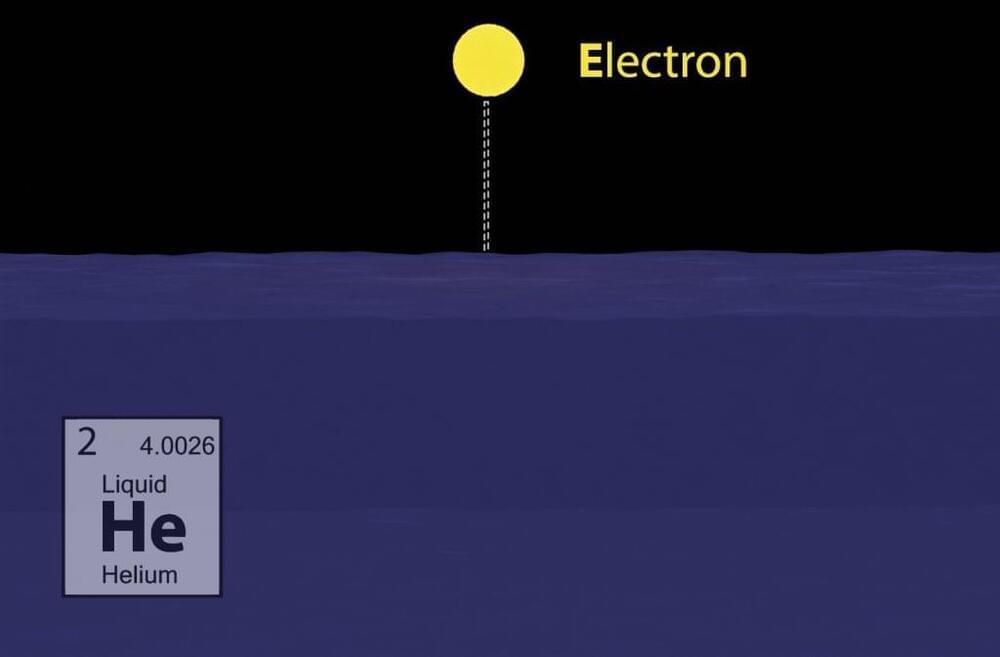A laser for vibrational energy, rather than for light, operating in the quantum regime could teach researchers about the interplay between spin, vibration, and dissipation in quantum mechanics.
Phonon lasers replace the light excitations (photons) that are used in a standard laser with vibrational excitations of matter (phonons). Researchers have now coaxed two ions into forming a phonon laser containing fewer than 10 phonons, placing it firmly in the quantum regime [1], whereas previous phonon lasers had at least 10,000 phonons. The researchers plan to use this quantum phonon laser as a tool to investigate the role of dissipation in the behavior of quantum systems.
Dissipation—energy leaking into or out of a system in the form of heat—is often seen as a nuisance in physics, for example, when it takes the form of air resistance and reduces the fuel efficiency of a car or an airplane. But quantum systems also exhibit dissipation, and its effects in the quantum realm are not fully understood. Jonathan Home of the Swiss Federal Institute of Technology (ETH) in Zurich and his colleagues wanted to investigate how two separate sources of dissipation can interact to affect the behavior of a quantum system. “A laser is the simplest quantum system we could think of” that allows such experiments, Home says.
